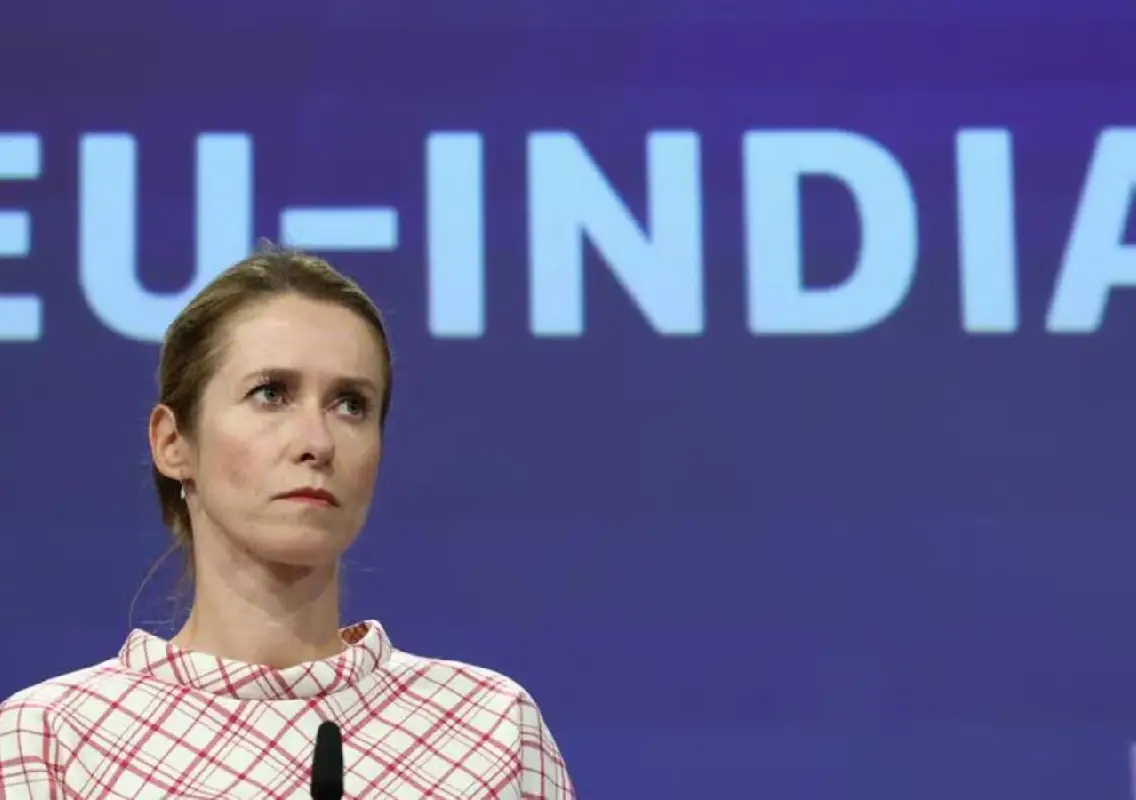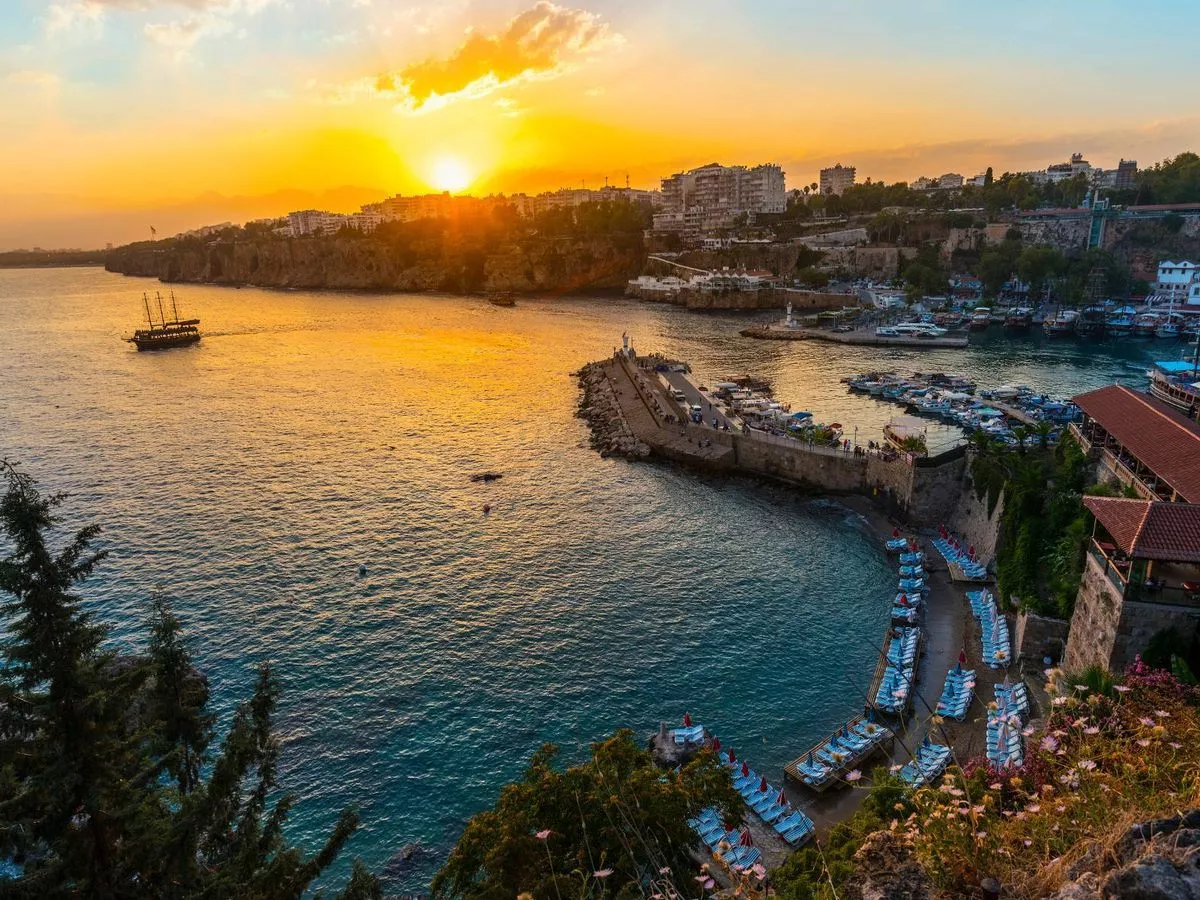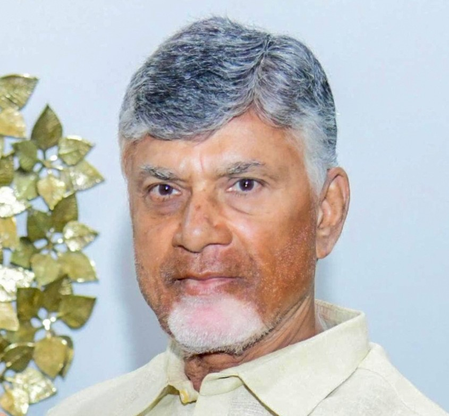By News Karnataka
Copyright newskarnataka

The European Commission and the High Representative have adopted a Joint Communication setting out a “New Strategic EU-India Agenda”, marking a fresh milestone in bilateral relations. The initiative, first announced by European Commission President Ursula von der Leyen in her Political Guidelines for 2024–2029, is designed to deepen cooperation, broaden strategic engagement, and coordinate efforts to enhance prosperity, security and resilience for both partners.
Von der Leyen calls India a key partner
Highlighting the importance of the initiative, President von der Leyen said, “Now is the time to focus on reliable partners and double down on partnerships rooted in shared interests and guided by common values. With our new EU–India strategy, we are taking our relationship to the next level.”
She emphasised the centrality of trade, investment, talent mobility, and defence cooperation in the renewed framework. Von der Leyen also reiterated the EU’s commitment to finalising the Free Trade Agreement (FTA) with India by the end of the year, calling Europe “India’s biggest trading partner and a reliable long-term partner in innovation and growth.”
Key focus areas in the Joint Communication
The Joint Communication identifies five pillars of engagement that reflect both shared priorities and complementary strengths. It aims to build on existing ties while addressing new areas of cooperation in an increasingly uncertain global landscape.
Trade, prosperity, and innovation
The agenda underlines untapped potential in trade and investment. It stresses the importance of finalising the FTA, reinforcing supply chains, and enhancing economic security through the EU-India Trade and Technology Council (TTC).
Technology and innovation form a major thrust of the agenda. The EU proposes launching a dedicated EU-India Startup Partnership, encouraging India’s participation in the Horizon Europe research programme, and intensifying collaboration on emerging technologies such as digital governance, AI, and critical raw materials.
On sustainability, the EU highlighted joint efforts on renewable energy, green hydrogen, and green finance, in addition to food security and resilience against climate and health crises.
Security and defence cooperation
A proposed EU-India Security and Defence Partnership is central to the new agenda. The plan includes deeper strategic consultations and joint work on maritime security, counterterrorism, cyber defence, crisis management, and space security.
The Communication also proposes launching negotiations for a Security of Information Agreement, allowing for classified data exchange and boosting defence industrial cooperation. Broader coordination on Indo-Pacific security, hybrid threats, and responses to Russia’s war in Ukraine form additional points of engagement.
Connectivity and global governance
Regional connectivity remains a key priority, with the EU highlighting the India-Middle East-Europe Economic Corridor (IMEC) and Global Gateway initiatives as central to trilateral cooperation.
The agenda further seeks to strengthen India’s role in multilateral forums, emphasising international law, rule-based order, and global governance reform.
Enablers across all pillars
To maximise the partnership’s impact, the EU proposes expanding skill mobility, including the creation of a pilot European Legal Gateway Office to facilitate labour migration and academic exchanges. It also suggests a broader mobility cooperation framework to include study, work, and research opportunities.
Other enablers include engaging civil society, think tanks, and youth networks, alongside the creation of an EU-India Business Forum to promote stronger corporate partnerships.
The proposals outlined in the Joint Communication are expected to be taken forward in consultation with India, culminating in the adoption of Council Conclusions at the EU Foreign Affairs Council in October.
EU officials said the strategy not only aims to strengthen bilateral ties but also to ensure that both partners can jointly address global challenges, ranging from climate change and security threats to supply chain resilience.
By aligning on these shared goals, the EU and India seek to establish a stronger, future-ready partnership that will deliver mutual economic, strategic, and geopolitical benefits.



